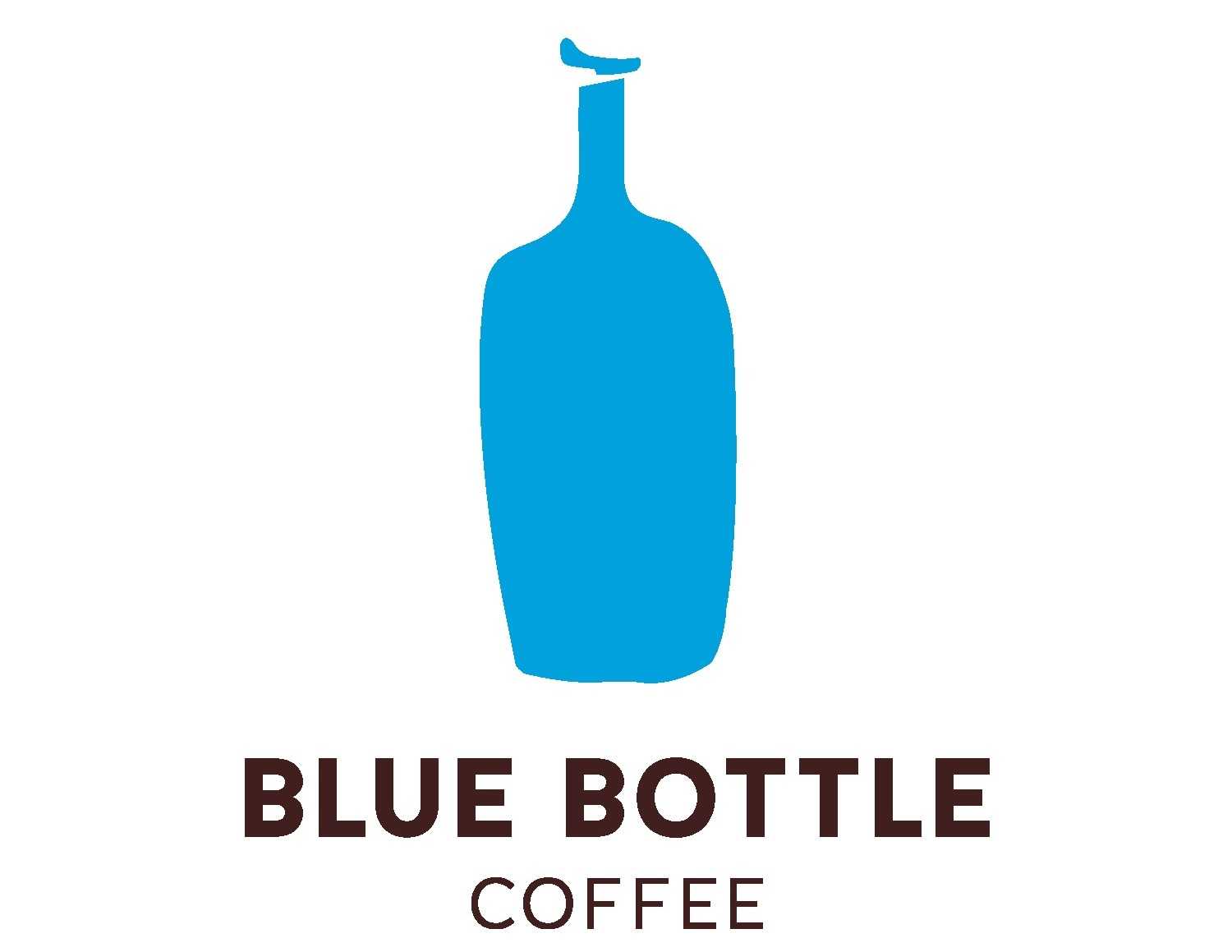OAKLAND, U.S. – Blue Bottle is putting an end to its plastic and paper cups. CEO Bryan Meehan has issued a statement declaring all of their nearly 70 cafes in the United States could be zero waste by the end of 2020, following a pilot program of two zero-single-use-cup cafes at undisclosed locations in the Bay Area.
“We are proud to announce an experiment that may not work, that may cost us money, and that may make your life a little more complicated,” Meehan said.
“By the end of 2020, all of our US cafes will be zero waste, which according to Zero Waste International Alliance, means at least 90 percent of our waste is diverted from landfill. To help us go even further, we will test our first zero-single-use-cup program in the San Francisco Bay Area.
This pilot will celebrate reuse as an act of aesthetic delight. You can bring your own cup, or use one of ours. We will provide a beautiful cup that will require a modest deposit, which you can return to the cafe for cleaning. We’ll also sell our whole-bean coffees in bulk instead of single-use bags and our grab-and-go items in reusable containers. This pilot will help guide us on how to implement this program nationwide.
We make the promise to be zero waste next year with the goal of making further strides in sustainability in the years to come”.
How does all this connect back to climate?
“According to Dr. M. Sanjayan, the CEO of our new sustainability partner, Conservation International, consumption of packaging and single-use items has a real impact on climate change: just under 30 percent of our nation’s greenhouse gases come from the way we make, consume, and dispose of stuff. That’s more than the emissions that come from heating our homes or driving around in our cars, he says.
Which means recycling alone can’t solve this problem. “Recycling is important, but the focus needs to be on the other two Rs: reduce and reuse,” says Sanjayan. “Efforts like the one Blue Bottle is piloting are really exciting to me because of how they engage consumers directly with being part of the solution. Yes, we need companies to make big changes, but we need consumers to change their behaviors too.”
“We expect to lose some business. We might fail. We know some of our guests won’t like it – and we’re prepared for that. But the time has come to step up and do difficult things,” Meehan concluded.


















